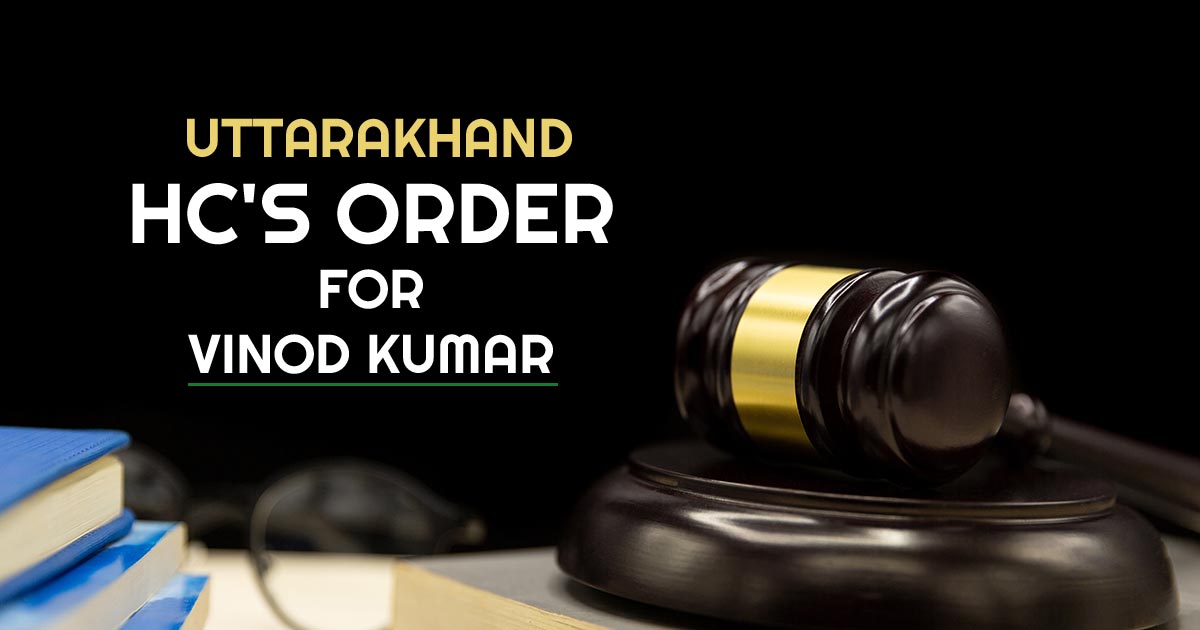
A division bench of the Uttarakhand High court upheld the maintainability of the writ application opposing the order to revoke the GST enrollment by retaining that identical amount to a violation of the right to livelihood. The taxpayer is a mason/painting professional, enrolled under GST in the Uttarakhand State.
The GST enrollment of the applicant was revoked on the basis of the nonpayment of the tax. The applicant has sought the High court opposing the order. The department contended that the writ petition cannot be maintainable in view of the availability of alternative remedies to the petitioner under the statute.
A bench of the acting chief justice Shri Sanjaya Kumar Mishra and Justice Shri Ramesh Chandra Khulbe sees that the same is clear from the record that a notice was provided on the website which in our considered choice would not be enough and a personal notice need to be provided before the cancellation of the enrollment.
Thus the court could issue its jurisdiction under Article 226 of the Constitution and hold that the orders passed by the learned Commissioner can interfere in writ jurisdiction.
In the relevant case, the applicant is a semi-skilled labourer who works as a painter in the work of painting doors, and windows of houses. The bills for the work of implementation for the private player or for the government agency, are outlined. In the majority of cases, the payments would be made to the bank on the production of the bill with the GST registration number.
When there is no GST registration number a professional shall not raise a bill, when the applicant refuses the GST registration number then the same would influence the chances of getting employment or implementing the works.
These refusals of the GST registration number, hence influence his right to livelihood. If he refused his right to livelihood as of the concern that his GST registration number has been cancelled while he does not have any remedy to appeal, it will be violative of Article 21 of the Constitution as the right to livelihood springs from the right to life as notified in Article 21 of the Constitution of India.
In the same case, if we permit the condition so existing to carry on, the same would cost to a violation of Article 21 of the Constitution, and the right to life for the person of this country.
Understanding the concern and the related precedents. The court mentioned that the single judge has a committer error specifying that the writ application is not able to maintain and hence that needs to be set aside.
But we know the concern that the learned single judge would not be provided with any findings for the advantages on the claim of the applicant as the GST cancellation of his GST enrollment number pertains. Therefore the case is to be remanded.









